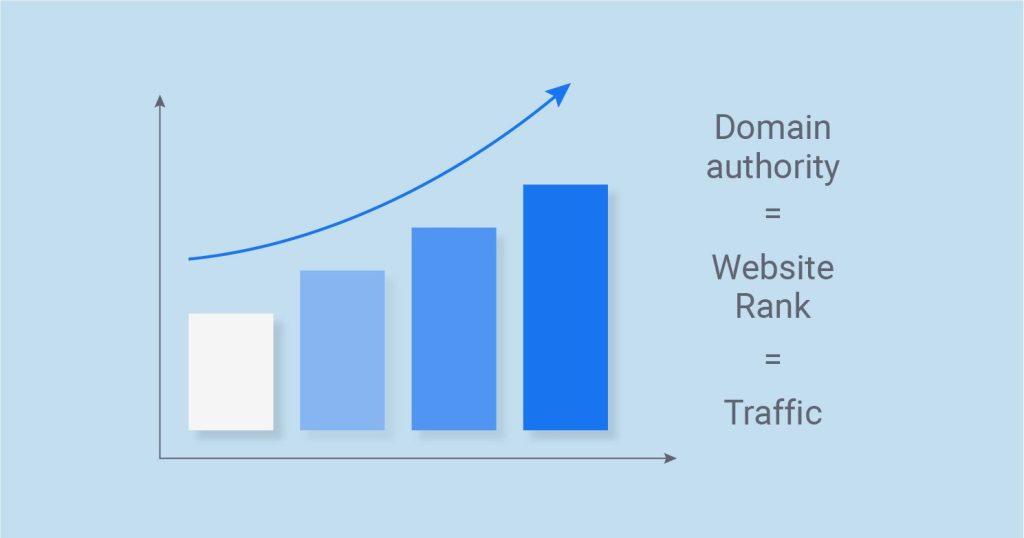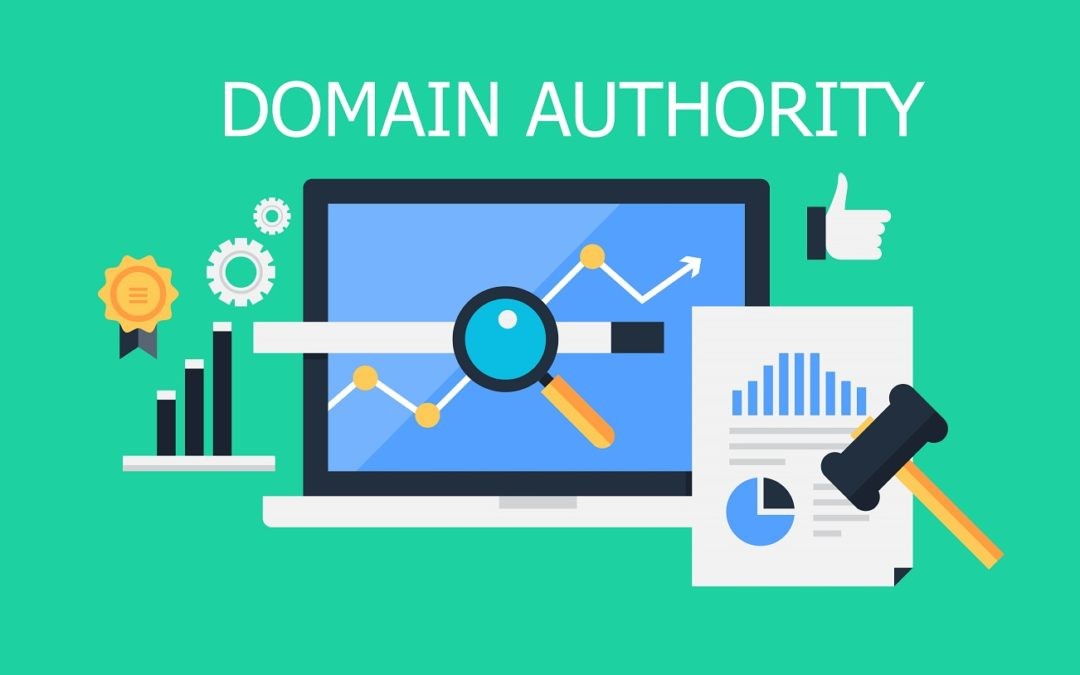What is Website Authority? The Role of Domain Authority in SEO
Understanding website authority is crucial for anyone involved in digital marketing or website management. Website authority refers to the credibility and trustworthiness of a website in the eyes of search engines like Google. It’s a measure of how reputable and reliable a website is, based on various factors such as quality content, backlinks from other authoritative sites, and overall user experience. In this blog, we’ll delve into the concept of website authority, exploring its importance in SEO (Search Engine Optimization) strategies and how to improve it to enhance your website’s visibility and ranking in search engine results.
Table of Contents
What is Website Authority?
Website authority is how much search engines trust a website. It’s important for ranking high in search results. Website authority depends on good content, links from other trusted sites, and user experience. Higher authority means better search rankings and more visitors. Building authority means creating valuable content, getting good links, and making the site easy to use.
Why Is Website Authority Important?
Website authority is crucial because it impacts search engine rankings. Website authority determines how trustworthy and credible a site appears to search engines like Google. Higher authority websites are more likely to rank higher in search results, attracting more organic traffic. This increased visibility can lead to more clicks, engagement, and conversions. Additionally, websites with high authority are perceived as more reliable by users, enhancing brand credibility and trustworthiness. Ultimately, building and maintaining website authority is essential for improving online visibility, attracting organic traffic, and establishing a strong online presence in competitive digital landscapes.

How to Improve Your Website Authority
- High-Quality Content: Create valuable, relevant, and informative content that attracts and engages users.
- Backlink Building: Acquire backlinks from reputable and authoritative websites in your industry.
- On-Page Optimization: Optimize your website’s technical aspects, including page speed, mobile responsiveness, and meta tags.
- Social Signals: Increase social media presence and engagement to boost brand visibility and credibility.
- User Experience: Enhance user experience by providing a seamless browsing experience and addressing user needs effectively.
- Earn Mentions and Citations: Get mentioned in online publications and directories to build credibility and authority in your niche.
Website Authority vs. Page Authority
| Criteria | Website Authority | Page Authority |
|---|---|---|
| Definition | Represents overall site credibility | Reflects credibility of individual page |
| Determining Factors | Backlinks, content quality, domain age | Backlinks, content relevance, on-page SEO |
| Scope | Applies to entire website | Applies to specific webpage |
| Importance | Indicates site’s trustworthiness | Signifies page’s credibility |
| Measurement | Scored on scale of 1 to 100 | Scored similarly on 1 to 100 scale |
| Impact of Improvements | Improvements benefit entire site’s authority | Enhancements affect specific page’s authority |
The Correlation Between Website Authority and Rankings
The correlation between website authority and rankings is significant in the realm of search engine optimization (SEO). Websites with higher authority are more likely to rank well in search engine results pages (SERPs) for relevant queries. This correlation exists because search engines like Google prioritize authoritative websites when determining which pages to display for a given search query.
Website authority is a key factor that search engines consider when evaluating the relevance and credibility of a website’s content. Websites with high authority are perceived as trustworthy sources of information, making them more likely to appear prominently in search results.
By focusing on improving website authority through strategies such as building high-quality backlinks, creating valuable content, and optimizing user experience, website owners can enhance their chances of ranking well in search engine results and attracting organic traffic to their sites.

Conclusion
In conclusion, website authority plays a pivotal role in determining a website’s credibility and visibility on search engines. Through this blog, we’ve explored the significance of website authority, its impact on search rankings, and strategies to enhance it. By focusing on content quality, user experience, and backlink profile, websites can improve their authority and attract more organic traffic. It’s essential for businesses and individuals alike to prioritize building website authority to establish trust with users and search engines alike. By implementing the insights shared in this blog, you can take actionable steps towards strengthening your website authority and achieving your online goals.
Read More HARO Link Building: How to Get Backlinks with HARO
FAQ’S
What factors determine website authority?
Website authority is influenced by factors like backlink quality, domain age, content relevance, and user engagement metrics.
Can website authority be improved quickly?
Improving website authority typically requires consistent efforts over time, focusing on content quality, SEO optimization, and building authoritative backlinks.
Does website authority directly impact search engine rankings?
Yes, websites with higher authority are more likely to rank higher in search engine results pages, increasing visibility and organic traffic potential







